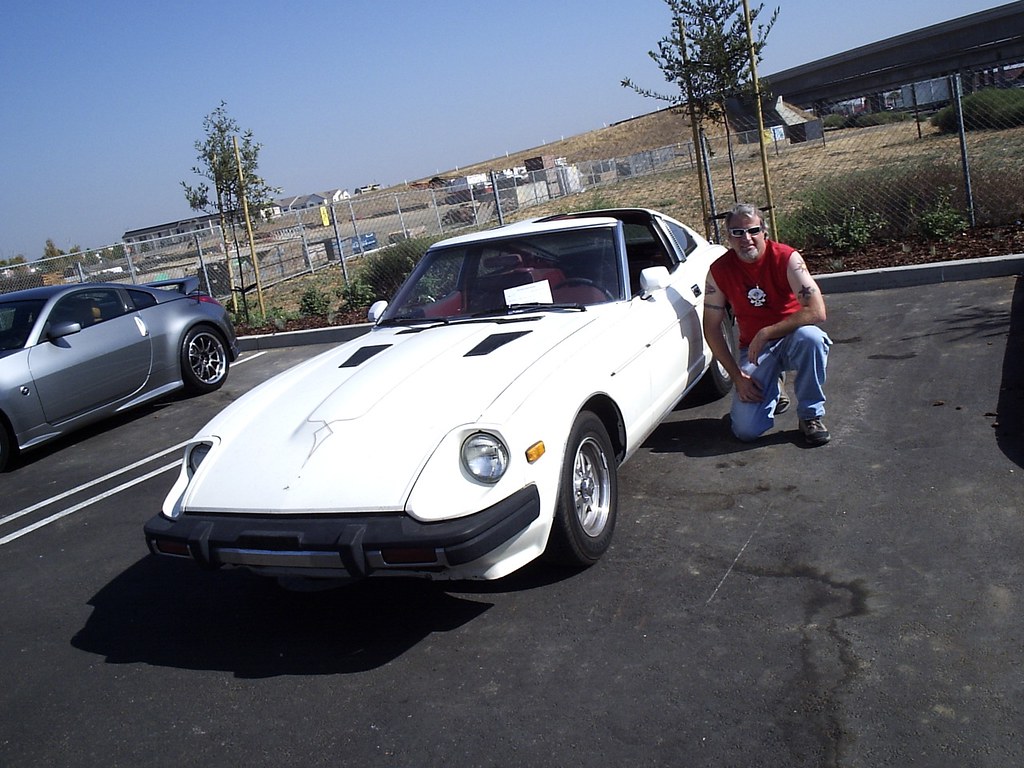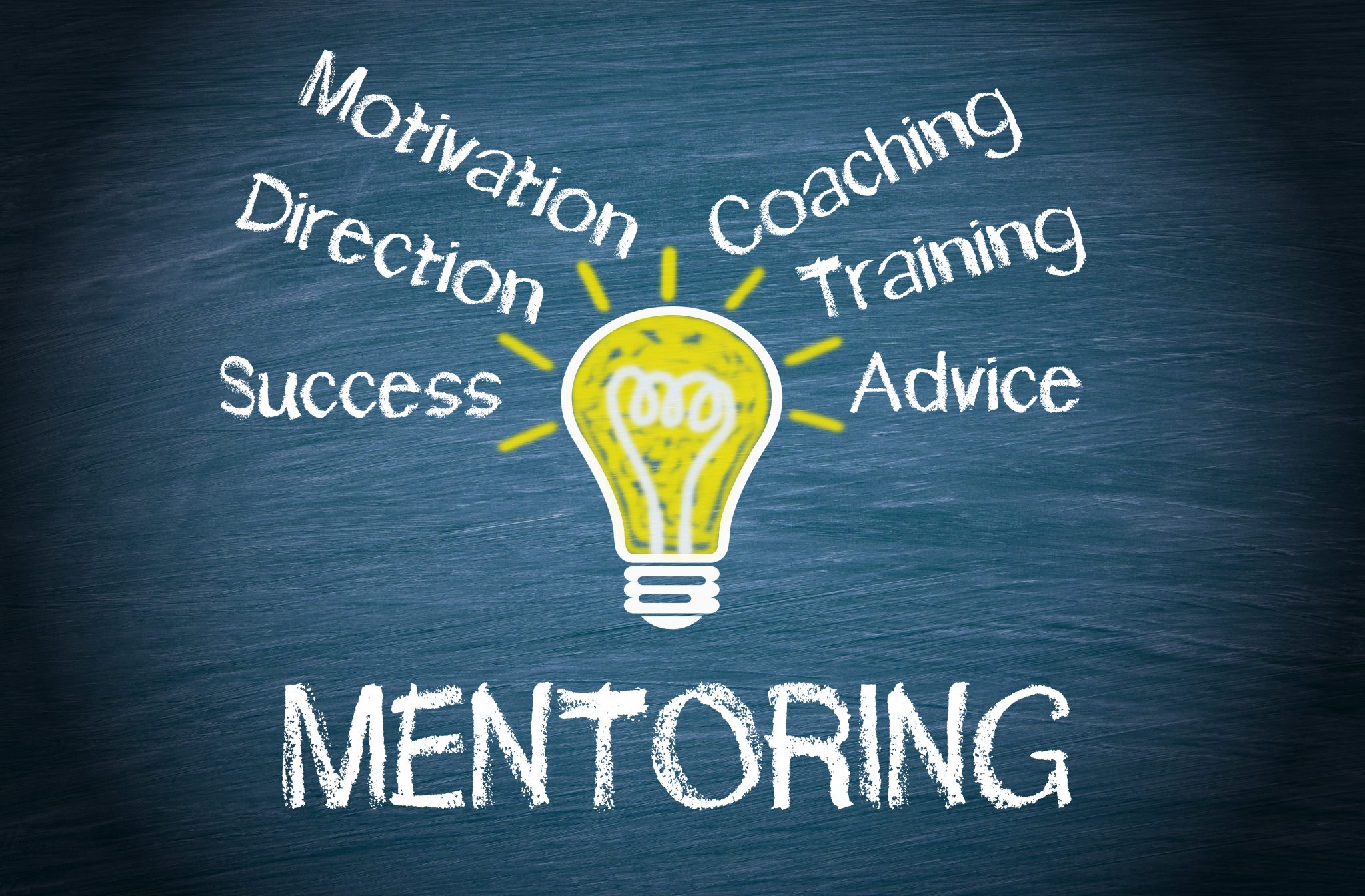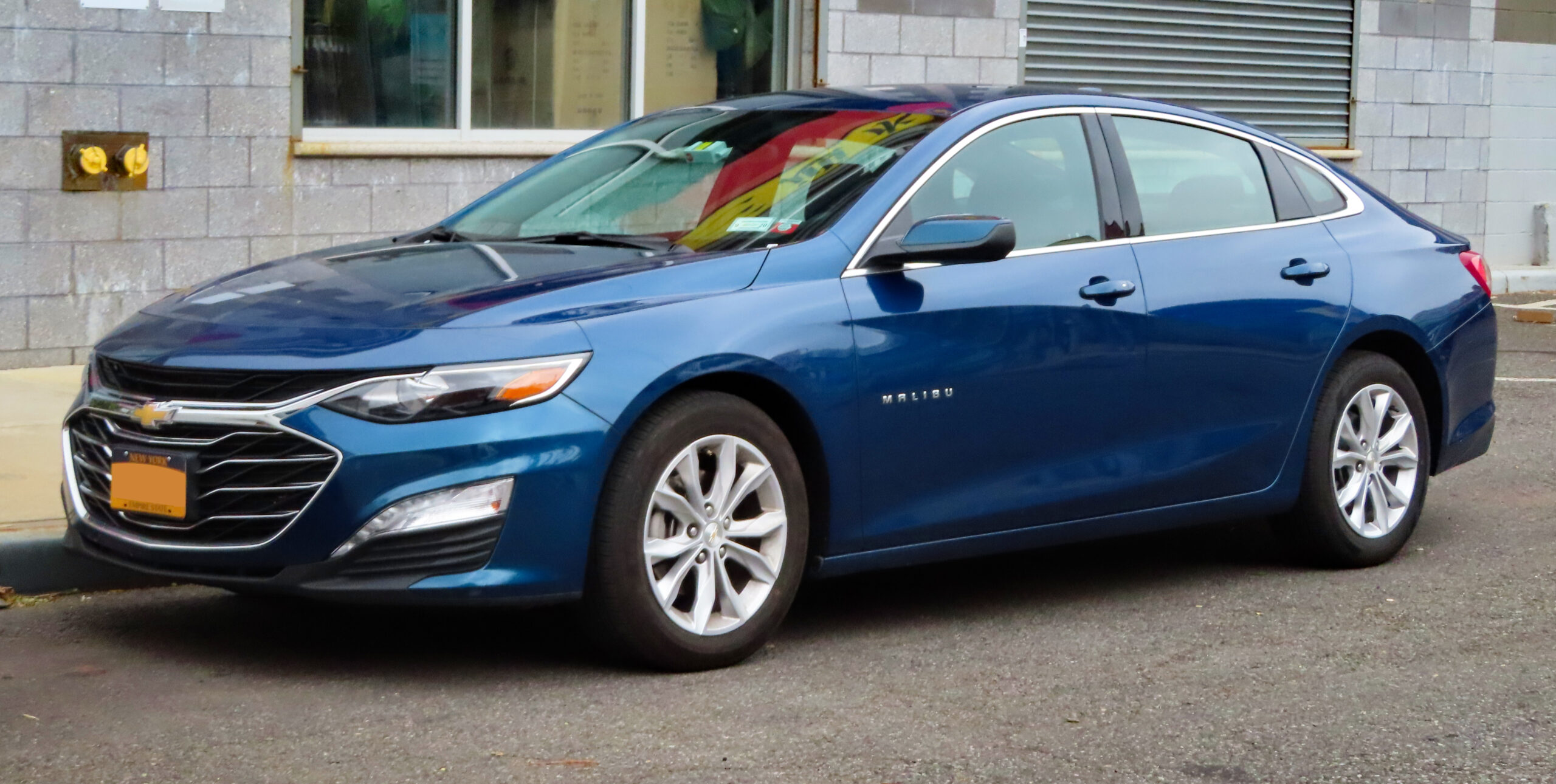
Well, let’s dive into a topic that’s been a hot topic lately – generational change, and how Millennials and Gen Z are navigating a world that’s still largely shaped by Baby Boomers. A conversation about who’s leading, who should lead, and whether the old way of doing things still makes sense. Millennials are particularly active advocates for big changes, from climate action to mental health awareness, and are committed to pushing for greater equality and inclusion across the board. They’re not shy about pointing out where society needs an upgrade.
Baby Boomer Marilyn McKenna believes that Baby Boomers need to accept that it’s perfectly okay, and even necessary, to hand over power to younger generations. She believes that holding onto power prevents these younger groups, including Millennials and Gen Z, from truly reaching their potential. This candid view resonates with the experiences of many who feel trapped or ignored in the current situation.

1. **Millennials as Social Advocates Facing Resistance**: Millennials are clearly not waiting for change, but actively driving it. They have become important voices on major social issues, highlighting the urgency of climate change, advocating for better mental health support, and driving important conversations about diversity and equity. This generation is eager to make a difference and shape a better future based on their values and experiences.
However, despite their active advocacy and willingness to participate in solving complex social problems, they often face resistance when it comes to being truly empowered to implement major changes. They have the will, the ideas, and the energy, but the paths to the highest levels of influence appear limited.
This dynamic creates a paradox: a generation with a strong social conscience and a desire for systemic improvements has difficulty gaining the institutional power needed to achieve these improvements. This highlights the disconnect between Millennials’ willingness to lead on key issues and the current system’s seeming unwillingness to fully empower them.

2. **Boomers’ Unwillingness to Relinquish Power**: A key point highlighted during the discussion was that a major barrier facing younger generations stems directly from the position of the Baby Boomers. As Marilyn McKenna noted, many Baby Boomers do not seem ready to give up power and influence. This is not a matter of individual character, but a generational pattern of clinging to control.
McKenna believes that Baby Boomers must understand and accept that it is time to hand over leadership roles to their successors. This transition does not mean disappearance, but rather evolution. However, it has been observed that this letting go does not happen as smoothly as it should, which has caused friction and stagnation in various areas of society.

3. **The “Hero Generation” Blocked**: There is an interesting theory that refers to millennials as the “heroic generation”, arguing that they are uniquely positioned to tackle major societal challenges. This view is derived from the Strauss-Howe Generational Theory, which outlines the recurring cycles of generational archetypes. In this framework, heroes are expected to rise in times of crisis and lead society through difficult times.
According to this theory, millennials are the designated heroes of our time, tasked with saving or dramatically improving society during a period of profound challenge, sometimes referred to as the “Fourth Turning”. Their collective nature and drive to build institutions and repair broken systems align with this heroic archetype.
However, the common perception is that this potential heroic rise is being severely blocked. Some assert that millennials are unable to fully embrace and fulfill their theoretical role because of the baby boomers’ unwillingness to relinquish their grip on leadership and power.

4. **The “Middle Child of History” Feeling**: Millennials struggle in leadership positions yet feel like the “middle child of history.” This evocative description captures the feeling of being sandwiched between two other prominent generations—the Baby Boomers, who are seen as holding power above them, and the Generation Z, who are entering society with great strength and confidence, below them.
They have been scrutinized and discussed intensely, yet feel ignored or marginalized when it comes to actually running things. The immense power, wealth, and leadership accumulated by the Baby Boomers in society is seen as the primary cause of this hindrance, leaving Millennials feeling like they are stuck in a historical moment where they are expected to lead, but are denied clear opportunities to do so.

5. **Boomers Holding Institutional Power and Wealth**: It is widely acknowledged that baby boomers hold significant power and influence across all sectors of society, from politics and the media to corporate boardrooms and the economy itself. They have accumulated significant wealth and control over key institutions through decades of hard work and development.
Depending on the context, the challenge is that many in this generation seem unwilling to effectively create space for new voices and young leaders. Even though they have reached a stage where they can transition to less demanding positions or retire, they still hold on to leadership positions. This creates a bottleneck for later aspiring generations.

6. **The Mentoring Role vs. Staying in Control**: Some argue that the ideal role for baby boomers at this stage is not to continue to lead, but to shift to mentorship. Their extensive experience and knowledge are valuable assets that can be effectively used to guide and develop the next wave of leaders. This shift will mean moving beyond day-to-day command and control.
Rather than sticking to formal power structures, mentorship focuses on actively sharing wisdom, providing guidance, and using influence to elevate and support the development of Millennial and Gen Z professionals. Mentoring focuses on facilitating the rise of others rather than maintaining personal visibility at the top of the leadership hierarchy.
However, it is observed that this critical shift is not happening on a widespread enough scale. Many baby boomers, perhaps after a long career, understandably confuse maintaining influence with maintaining direct control.

7. **Gen Z Redefining Success Beyond the Corner Office**: Gen Z is not only embracing old definitions of success, they are actively rewriting them. They grew up in a time of turmoil—climate change, pandemics, economic ups and downs—so stability and traditional career paths are not their default choices. They have seen how fast things change.
This generation values physical and mental health, autonomy in their work, and making sure their work aligns with their personal values. Taking on traditional leadership roles, which often mean long hours and being on call all the time, can feel like an unwilling sacrifice. Yes, they want to make a real difference, but never at the expense of their mental health or their humanity. They are committed to building sustainable lives and careers.



